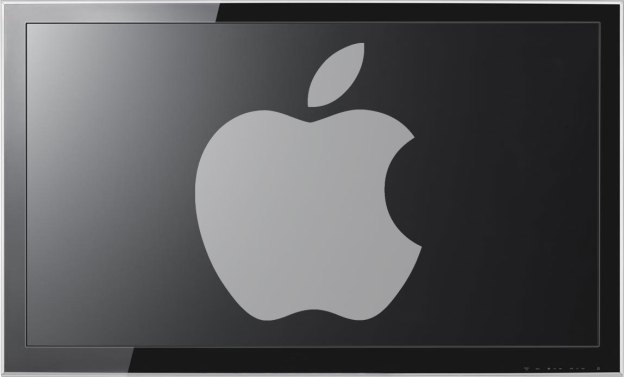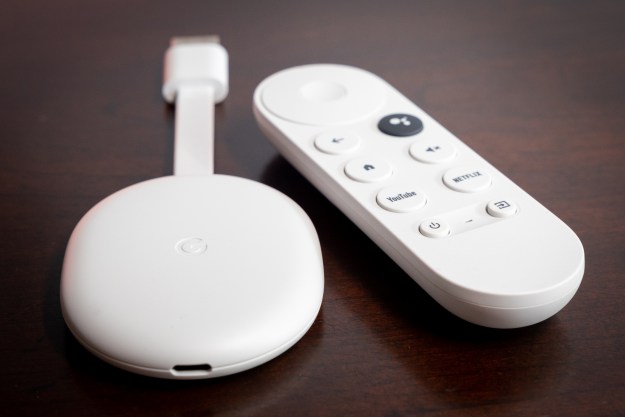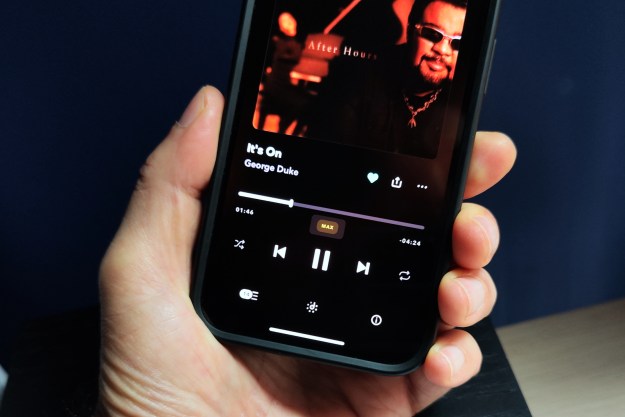
Apple is making a television – at least, that’s what it would seem, judging by the flurry of news about the newest mythical iDevice that has bombarded the tech news world over the past 24 hours. If the rumors are correct, however, the living room could become the latest dominion to be conquered by the Kings of Cupertino.
The latest news out this morning is that Jeff Robin, who played a pivotal role in the creation of the iPod and iTunes, is leading Apple’s development of a television, according to an unnamed source who spoke with Bloomberg‘s Adam Satariano. Two additional unnamed sources also contributed to the details of Satariano’s report.
Of course, we find it increasingly difficult to believe any Apple rumors based upon anonymous hearsay alone. And then there’s the fact that we’ve heard about all of this in the past, without ever seeing such a device come to market. This time, however, we do have a bit of trustworthy corroboration that more or less proves Apple has a TV in the works, and that it is more than just an internal prototype that will never enjoy a stint on a Best Buy shelf: Steve Jobs confirmed it.
According to the newly released Jobs biography by Walter Isaacson, Steve Jobs told Isaacson that he had finally solved to TV set conundrum, and that it would be – you guessed it – revolutionary.
“He very much wanted to do for television sets what he had done for computers, music players, and phones,” writes Isaacson. “’I’d like to create an integrated television set that is completely easy to use,’ he told me. ‘It would be seamlessly synced with all of your devices and with iCloud.’ No longer would users have to fiddle with complex remotes for DVD players and cable channels. ‘It will have the simplest user interface you could imagine. I finally cracked it.’”
Piper Jaffray analyst Gene Munster says that Apple currently has a prototype, and may bring the television to market sometime in 2013, based upon conversations he’s had with Apple’s Asian suppliers.
We could literally spend hours guessing what kind of already-existing Apple features – things like Siri and iCloud – might make their way into an iTV, and how that would potentially change the television industry as a whole. But for the sake of good ol’ fashioned skepticism, we’ll leave the speculation to the analysts, this time around.
We are interested, however, in what you think about a potential Apple TV set. Can Cupertino do it right this time? Would you buy one, even if it costs and arm and a leg to get it?


